In a recent development, the United Nations Children’s Fund (UNICEF) has vehemently denied accusations made by the Houthi rebels concerning the destruction of Yemen’s education system. These allegations have targeted UNICEF and other UN agencies, claiming their involvement in the deterioration of educational standards in the war-torn country.
UNICEF’s Response to Allegations
During an interview with the United Nations news site, Peter Hawkins, UNICEF’s representative in Yemen, addressed these accusations directly. “There have been some accusations about education and how it was used to infiltrate the population. UNICEF has been very clear and refuted this claim,” Hawkins stated. He emphasized that the accusations were baseless, highlighting UNICEF’s primary education program’s focus on rehabilitating schools. “Our real program, our basic education program, largely relies on trying to rehabilitate schools. We have rehabilitated 1,116 schools and played a role in motivating 38,000 teachers, which we have done,” Hawkins added.
Hawkins firmly dismissed the Houthi’s claims as unfounded, pointing out the ongoing cooperation between the organization and the de facto authorities in Sana’a. He underscored UNICEF’s continuous efforts to address the catastrophic situation, with 4.5 million children out of school in Yemen, by enabling their access to education and providing quality educational opportunities.
The Impending “Time Bomb”
Highlighting the severe implications of having millions of children out of school, Hawkins described the situation as a “time bomb.” He warned that the next generation might end up uneducated, lacking essential skills in mathematics and everyday life. Despite the grim picture painted by the UN official, he noted the remarkable resilience displayed by Yemeni children and lauded the dedication of families to educate their children amidst challenges.
Hawkins shared observations of children’s desire to learn in the most adverse conditions. “I have seen children in schools without walls, schools with water on the ground, yet the children sit on the wet ground, wanting to study and learn. I saw 12 girls in the eleventh grade sitting on the ground outdoors under a tree, learning as much as they can and trying to achieve something,” he recounted.
Conclusion
Despite the challenging circumstances and accusations faced, UNICEF’s commitment to improving the educational landscape in Yemen remains steadfast. The organization continues to work towards ensuring that children in Yemen have the opportunity to learn and grow in a supportive environment, aiming to avert the looming crisis of an uneducated future generation.
To follow the news in Arabic
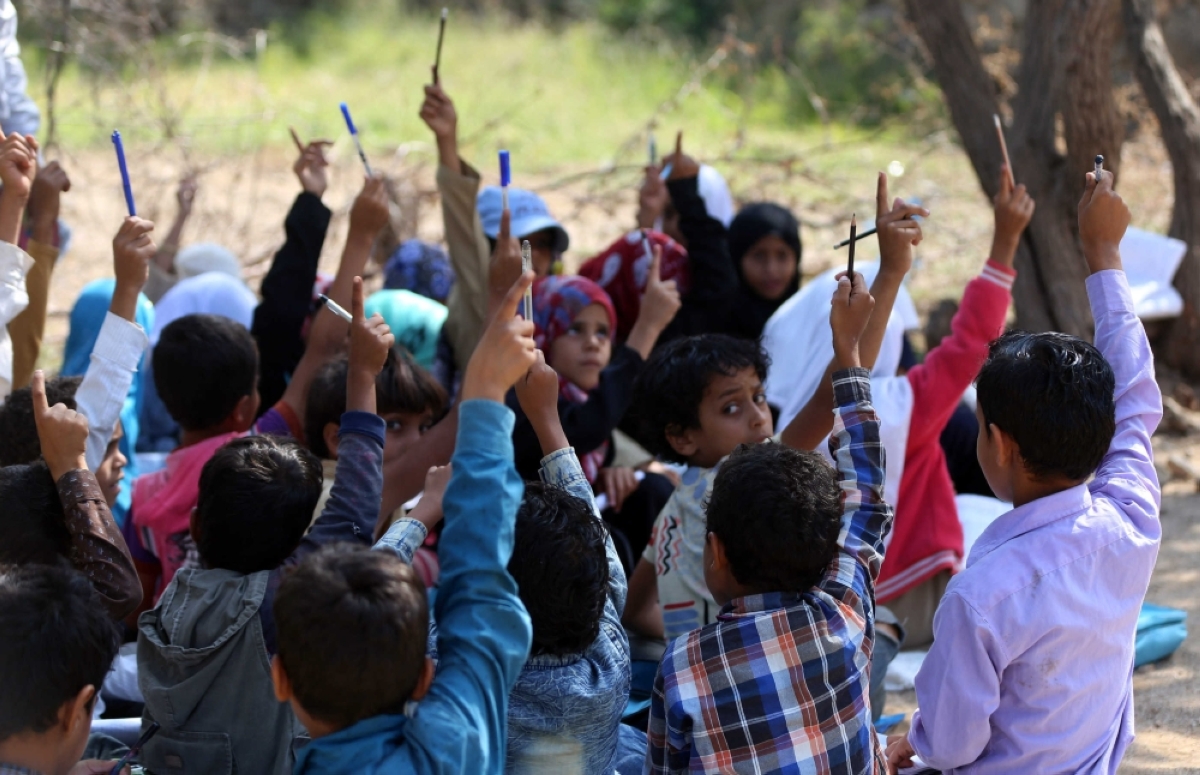
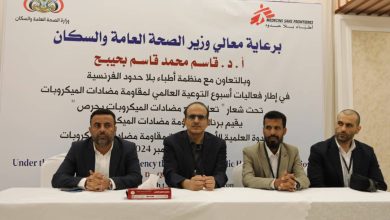 A scientific seminar on combating antimicrobial resistance has commenced in Aden.
A scientific seminar on combating antimicrobial resistance has commenced in Aden. Yemen chairs the emergency meeting of the Arab League Council at the level of permanent representatives.
Yemen chairs the emergency meeting of the Arab League Council at the level of permanent representatives.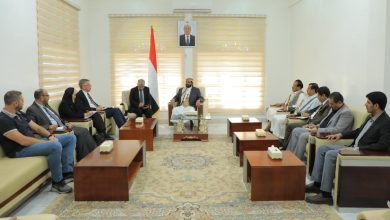 Al-Aradah discusses military and security developments with the UN envoy’s military advisor and their impact on the peace process.
Al-Aradah discusses military and security developments with the UN envoy’s military advisor and their impact on the peace process. Tariq Saleh discusses the latest developments with the UAE ambassador.
Tariq Saleh discusses the latest developments with the UAE ambassador.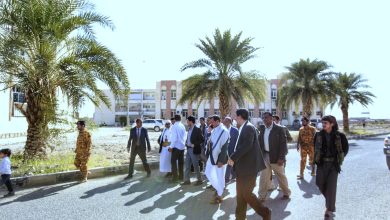 Mareb officials and the Technical Education Authority launch the furnishing of the Community College, funded by Kuwait.
Mareb officials and the Technical Education Authority launch the furnishing of the Community College, funded by Kuwait.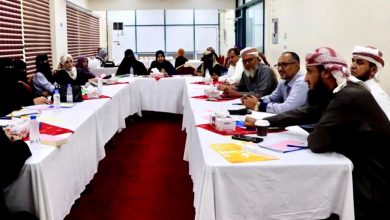 Workshop on violence against girls concludes in Aden, focusing on awareness and prevention strategies.
Workshop on violence against girls concludes in Aden, focusing on awareness and prevention strategies.